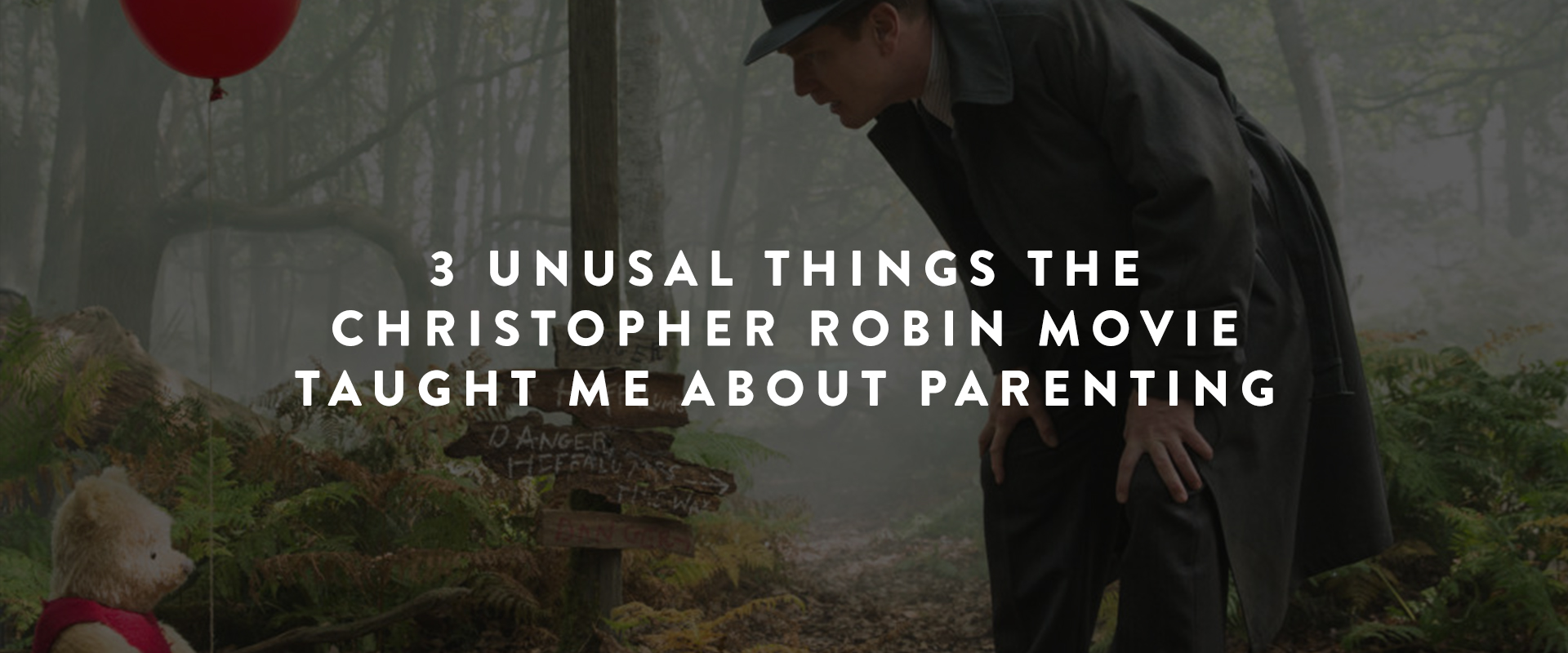
There’s an ongoing debate about the impact of social media on kids. My guess is you’ve got an opinion on it.
But instead of dumping on our kids, let’s talk about something we can control a little more directly.
How are you interacting with social media as a parent?
More specifically, has social media become a platform for you as a parent to preen a little about the achievements and excellence of your kids?
Now please understand, I’m a big fan of social media. My personal view is that social media isn’t good or evil; it simply reveals and amplifies what’s already there.
We like to talk about the things we are passionate about. And we are passionate about our kids. But I tend to agree with a few articles I’ve read recently.
Robert Brooks makes some excellent points in this piece about how parents have taken to using social media to brag on their kids. It’s gone way beyond “My Child is an Honor Student” bumper stickers (which has more than a little swagger to it) to a full blown ego strut. If we spoke out loud at a dinner party the things that we often tweeted or updated online, we might dismissed as being rude, bragging, or showing off.
Tim Elmore has recently written a great article for the Huffington Post about the implications of bragging, over-affirming parents who, he says, are raising a generation of kids with high arrogance and low self-esteem. I find his insights piercing.
So if we reframed the question, we could ask it this way:
Have you taken to boasting, bragging, and otherwise flaunting your children’s accomplishments online?
Probably not a single one of us wants to say yes.
I’m not real thrilled about asking myself the question, but the articles have made me do some soul searching.
Am I a braggart?
Am I proud?
Do I boast?
Because if so, I need to stop.
Do you wonder if you are one of those boastful parents? Here are 5 signs you might be one:
1. You’re as passionate about people knowing about your child’s achievement as you are passionate about your child’s achievement. Don’t get me wrong, parents are supposed to be proud of their kids. But pride may have won the moment when you become as passionate about other people knowing how awesome your kids are as you are about your child’s awesomeness.
2. You feel a need to make your delight public. I love to keep people close to me updated on my kids’ progress. I have two sons I’m very proud of. But telling grandmas and grandpas, the wider family, and some good friends (who also care about our kids) is different than trumpeting it to everyone you know. If you feel a need to make their best moments public, you might well be prone to boasting.
3. You only celebrate your own victories. One of the reasons braggarts are so difficult to like is because they are self-absorbed. They only want to talk about themselves, and rarely ask questions about others. If you can’t share the spotlight, genuinely delight in the accomplishments of others, and not get jealous when others do “better”, pride might be gaining some real estate in your heart.
4. Your gratitude isn’t that genuine. It’s easy to bury boasting under an “I’m so thankful that….insert brag here mantra,” as in “I’m so thankful that my son placed first in his class and crushed all the other kids.” (That’s a little sarcasm, just so you know.) Your private gratitude will always be deeper than your public proclamation. Sometimes true wonder and amazement cannot be expressed in 140 characters or less.
5. You don’t like to give credit to others. Some kids are just gifted. They actually are first in the class. They get all the trophies. And some of you have a child like that. So what do you do? I think humble parents are often last to take the credit. Many will talk about God’s grace, their kid’s hard work, solid coaches, teachers, friends and mentors, instead of giving themselves full marks. For example, “So thankful for everyone who made my daughter’s final year of elementary school such a great one” makes a much better status update than “Top of her class, again!!!!”.
The main reason I can write about this is only because I have to struggle through these things regularly. And I certainly don’t always get it right.
The battle against pride is so important. The last thing I want to do is lead a narcissistic life.
Scratch that.
Even worse would be this: being even partially responsible for the next generation losing the humility and wonder of knowing a God who is gracious to his children and loves us far far beyond our deserving.
That would be the last thing I want to do.
What are you learning in the struggle against pride? Are you bothered by boastful status updates?




